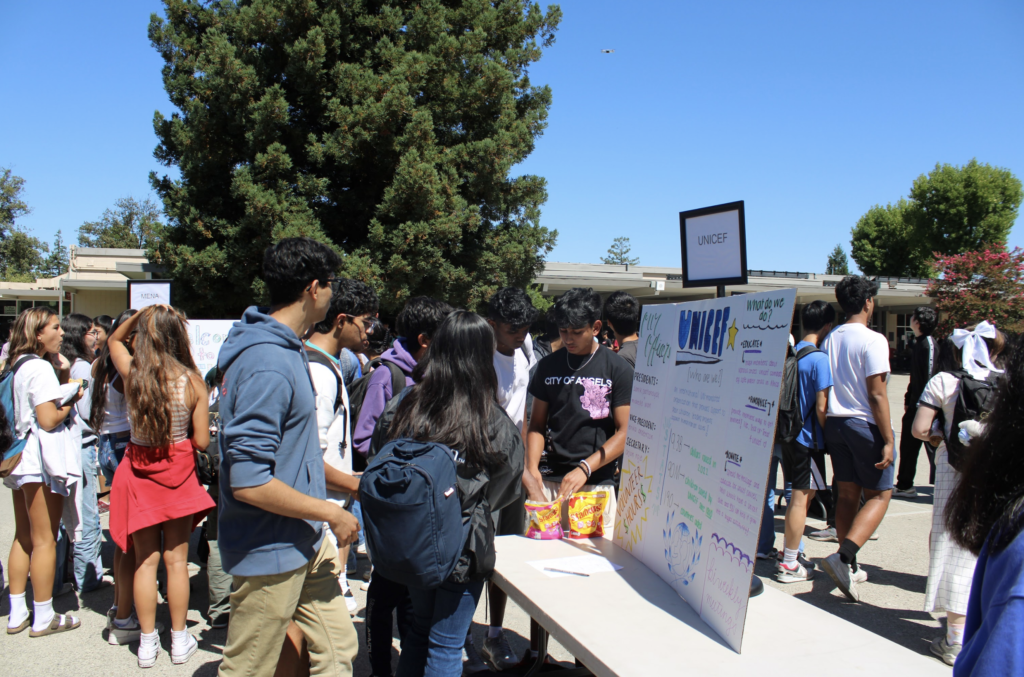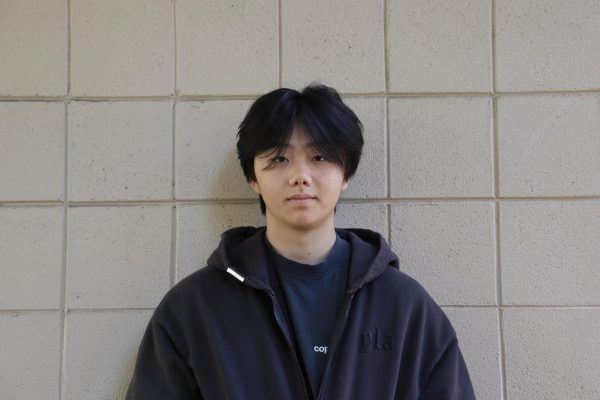Scrolling through a spreadsheet filled with data on applications from already established and new clubs earlier this year, the ASB’s clubs co-commissioners, seniors Carine Chan and Josh Ta, felt overwhelmed by a seemingly never-ending list of club applications on her laptop screen.
This semester, an unprecedented 35 possible new clubs have come to ASB seeking recognition, but ASB is restricting how many of them gain full approval.
There are already 79 active clubs at the school, so ASB has made it a goal to make sure that new and old clubs are not overlapping in focus. Since Aug. 18, ASB has been conducting 10- to 15-minute interviews with this year’s prospective clubs and evaluating them based on a holistic rubric to determine whether or not to approve them.
An idea ASB is currently considering is to provide certain clubs with a “trial run” if the clubs commission feels divided on the decision of whether or not to approve a club. Ultimately, Chan says the most important metric is that the clubs give back to the school in any positive manner.
“We want to make sure clubs are not competing for the same members and can each bring something new to the school,” Chan said.
During the application process, Chan emphasizes that students looking to create clubs must conduct adequate research on existing clubs to avoid overlap. In the past, she said, commissioners have seen clubs using similar meeting topics and practicing for the same competitions due to a lack of research — such as several clubs which ended up teaching the same coding languages. She also noted that clubs sometimes advertise “volunteer opportunities” to students without preparing for an adult to sign off on volunteer hours.
As a result, Chan encourages prospective club founders to attend other club meetings to see how they are run, if topics overlap, as well as how much traction a certain topic may get.
Furthermore, she strongly discourages complaining about club rejections or appealing to certain members of ASB to accept a club.
“It is important that all students respect ASB’s decision on clubs,” Chan said. “We understand if clubs might want more details on why they got rejected, but begging and pleading does not help. It is never one person’s decision on whether or not to pass a club.”
Despite these issues, Chan sees the enthusiasm for starting clubs as a good thing for the school, but reiterates that it remains paramount to make sure the number of clubs doesn’t spiral out of control..
“ASB’s schedule for club interviews are super packed as of right now and we are really trying our best to get through everyone,” she said. “Even with the large number of clubs we have to sort through this year, we remain committed towards making our school a place where anyone can share their unique interests with others.”


























